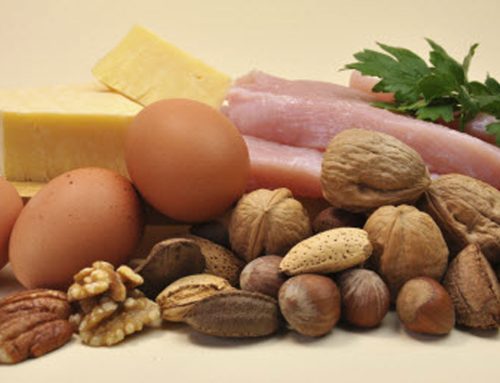
Benefits of Protein
Your body needs protein to stay healthy and work the way it should. More than 10,000 types are found in everything from your organs to your muscles and tissues to your bones, skin, and hair.
Protein is also a critical part of the processes that fuel your energy and carry oxygen throughout your body in your blood. It also helps make antibodies that fight off infections and illnesses and helps keep cells healthy and create new ones.
How Much Protein Do You Need?
Not getting enough protein in your diet can lead to health issues. For example, tissue can break down and lead to muscle loss.
But more isn’t necessarily better. While it can help build muscle, if you take in too much your body may store the excess as fat.
The Dietary Guidelines for Americans, put together by the U.S. Department of Agriculture and the U.S. Department of Health and Human Services, recommend the following daily amounts of protein for different age groups:
- Children under 4: 13 grams
- Children ages 4 to 8: 19 grams
- Children ages 9 to 13: 34 grams
- Women and girls ages 14 and over: 46 grams
- Boys ages 14 to 18: 52 grams
- Men ages 19 and over: 56 grams
Simply put, most everyone should get 10% to 35% of their calories each day in the form of protein. You need more calories for activities like biking, lifting weights, or running, but the percentage of protein remains in the same range.
After age 40, you can start to lose muscle mass, a condition known as sarcopenia, and you may need more protein.
If you’re overweight, you’ll need to lower your calorie intake. A dietitian can help you figure out how much protein you should have.











